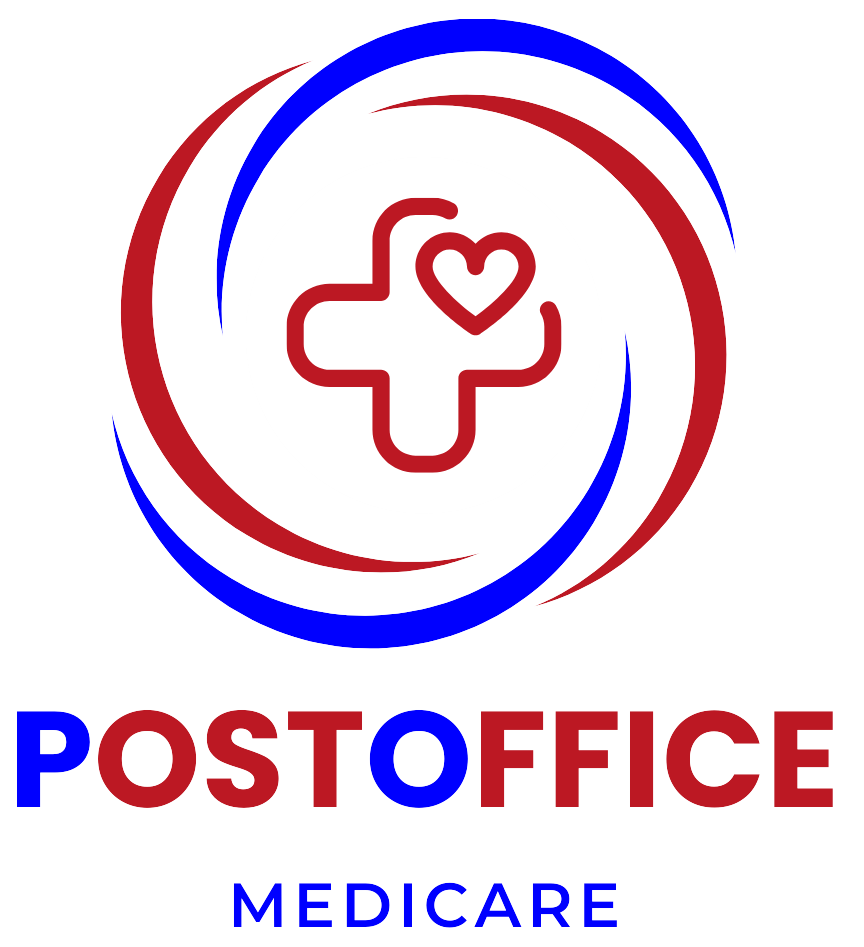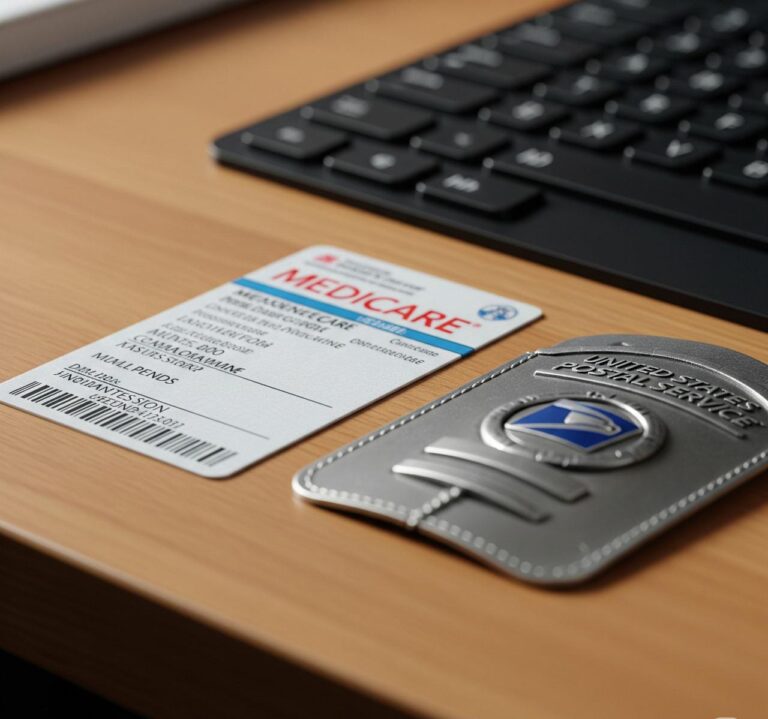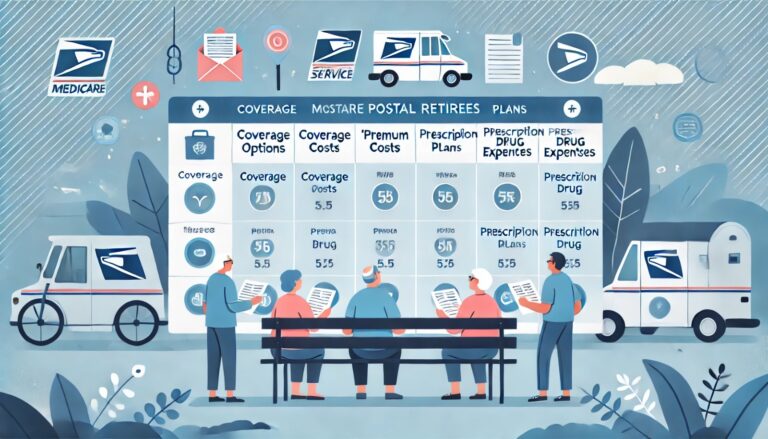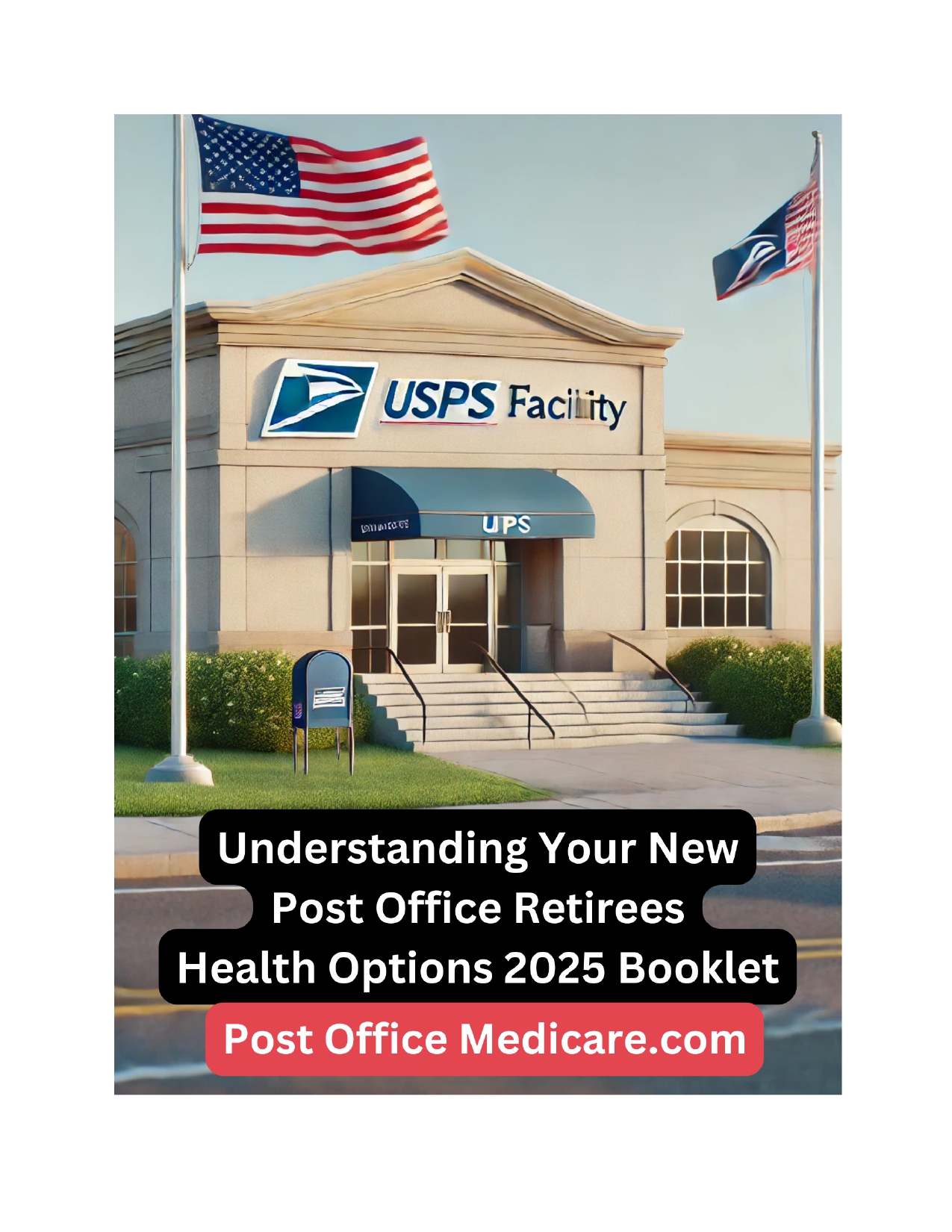How Medicare Advantage Plans Can Benefit Retired Postal Employees
Retired postal employees have unique healthcare needs due to the physically demanding nature of their jobs and long-term federal employment benefits. For many, navigating post-retirement health insurance options can feel overwhelming. Medicare Advantage (MA) plans offer comprehensive coverage, cost savings, and convenience, making them an excellent option for retired postal workers.
In this article, we will explore how Medicare Advantage plans can benefit retired postal employees, covering their key features, advantages, and tips for selecting the right plan.
Understanding Medicare Advantage Plans
Medicare Advantage plans, also known as Medicare Part C, are private insurance plans approved by Medicare. These plans combine the benefits of Original Medicare (Parts A and B) with additional features like:
- Prescription drug coverage (Part D)
- Vision, dental, and hearing benefits
- Wellness programs like gym memberships and preventive care
Unlike Original Medicare, which covers only hospital and medical services, Medicare Advantage plans provide an all-in-one solution tailored to the diverse healthcare needs of retirees.
Why Medicare Advantage Plans Are Ideal for Retired Postal Employees
1. Comprehensive Coverage
Retired postal workers often face health challenges such as joint pain, cardiovascular conditions, and vision problems due to years of physically demanding work. Medicare Advantage plans address these concerns by offering expanded benefits, including:
- Routine dental and eye exams
- Hearing aids
- Prescription medication management
- Chronic disease management programs
This comprehensive coverage ensures postal retirees get the care they need without incurring significant out-of-pocket costs.
2. Cost Savings
Medicare Advantage plans often have lower premiums than Original Medicare combined with Medigap and Part D plans. Many MA plans also cap annual out-of-pocket expenses, providing retirees with predictable healthcare costs.
- Example: A retired postal worker may pay $0 premium for an MA plan, compared to higher costs for supplementary Medigap coverage.
Additionally, some plans offer flex cards to cover co-pays, over-the-counter medications, and even groceries, adding another layer of financial relief.
3. Coordination with Federal Employee Health Benefits (FEHB)
Retired postal workers with Federal Employee Health Benefits (FEHB) can integrate Medicare Advantage plans seamlessly. FEHB acts as secondary coverage, further reducing costs like co-pays, deductibles, and uncovered services.
- Tip: Enroll in Medicare Parts A and B during your Initial Enrollment Period to maximize benefits and avoid late enrollment penalties.
4. Access to a Nationwide Network
Postal retirees often relocate or travel during retirement. Medicare Advantage plans offer access to extensive provider networks nationwide, making it easier to find in-network doctors and specialists wherever you go. Many plans also provide telehealth services, enabling retirees to consult healthcare providers remotely.
5. Preventive Care and Wellness Perks
Preventive care and healthy living are vital for retirees. Medicare Advantage plans often include wellness benefits such as:
- Fitness memberships (e.g., SilverSneakers)
- Transportation to medical appointments
- Nutrition counseling
These perks help retired postal employees maintain their health and independence in retirement.
How to Choose the Right Medicare Advantage Plan
With so many options, selecting the right Medicare Advantage plan can be daunting. Here are some steps to guide retired postal employees:
1. Assess Your Healthcare Needs
Consider your current health, medications, and preferred healthcare providers. Look for plans that cover your specific needs, including specialists, prescriptions, and preferred hospitals.
2. Compare Costs
Review premium costs, deductibles, and co-pays. Pay attention to the maximum out-of-pocket limit, which protects against unexpected medical expenses.
3. Evaluate Plan Benefits
Look for extra benefits like dental, vision, and hearing coverage. If you frequently travel or live in multiple locations, ensure the plan offers nationwide coverage.
4. Check FEHB Compatibility
If you have FEHB coverage, confirm how it coordinates with the Medicare Advantage plan to avoid duplication or unnecessary costs.
5. Use Medicare’s Plan Finder Tool
Medicare.gov’s Plan Finder Tool can help you compare Medicare Advantage plans in your area based on coverage, costs, and ratings.
Common Questions Retired Postal Employees Have About Medicare Advantage
1. Do I Need Medicare if I Have FEHB?
Yes, Medicare and FEHB work together to provide comprehensive coverage. Enrolling in Medicare Parts A and B can enhance your benefits and reduce out-of-pocket costs.
2. Can I Keep My FEHB Coverage?
Yes, retired postal employees can keep their FEHB coverage alongside Medicare. Combining the two ensures broader coverage and financial protection.
3. Will My FEHB Premiums Change?
No, your FEHB premiums remain the same after enrolling in Medicare. Medicare Advantage plans may help you save on additional healthcare expenses not covered by FEHB.
4. Are My Prescription Medications Covered?
Most Medicare Advantage plans include Part D prescription drug coverage. Check the plan’s formulary to ensure your medications are included.
Key Enrollment Periods to Remember
- Initial Enrollment Period (IEP): Begins three months before your 65th birthday and ends three months after.
- Annual Enrollment Period (AEP): October 15 to December 7 – allows you to switch or enroll in a new Medicare Advantage plan.
- Special Enrollment Periods (SEP): Available for life events like moving or losing other health coverage.
Final Thoughts
Medicare Advantage plans offer retired postal employees an affordable and comprehensive healthcare option tailored to their unique needs. With benefits like cost savings, nationwide coverage, and wellness perks, these plans simplify healthcare management during retirement.
By carefully evaluating your options and understanding how Medicare Advantage integrates with FEHB, you can secure a plan that supports your health and well-being for years to come.
For more information, visit Medicare.gov or consult a licensed insurance agent specializing in Medicare plans.
Read More Blog
Follow Us On:- Facebook








